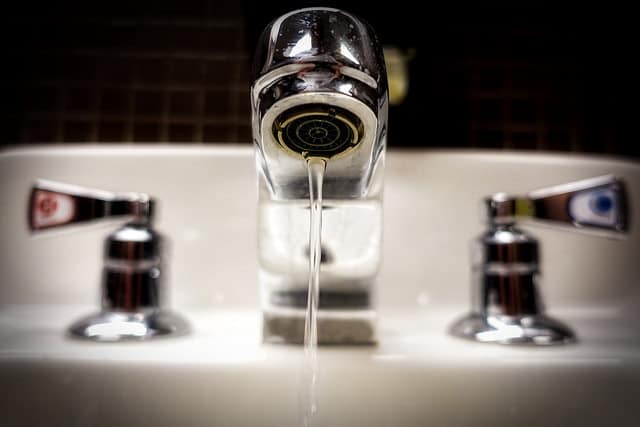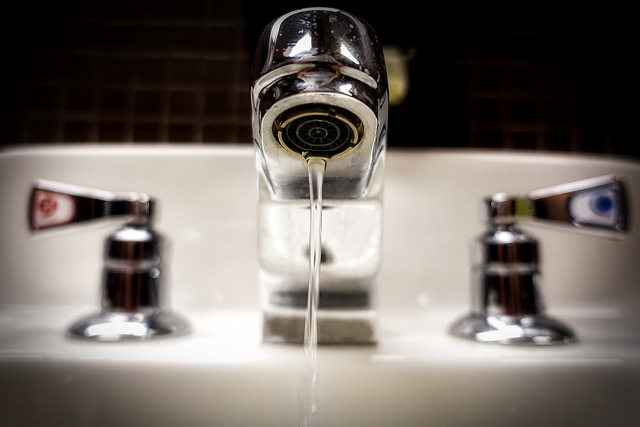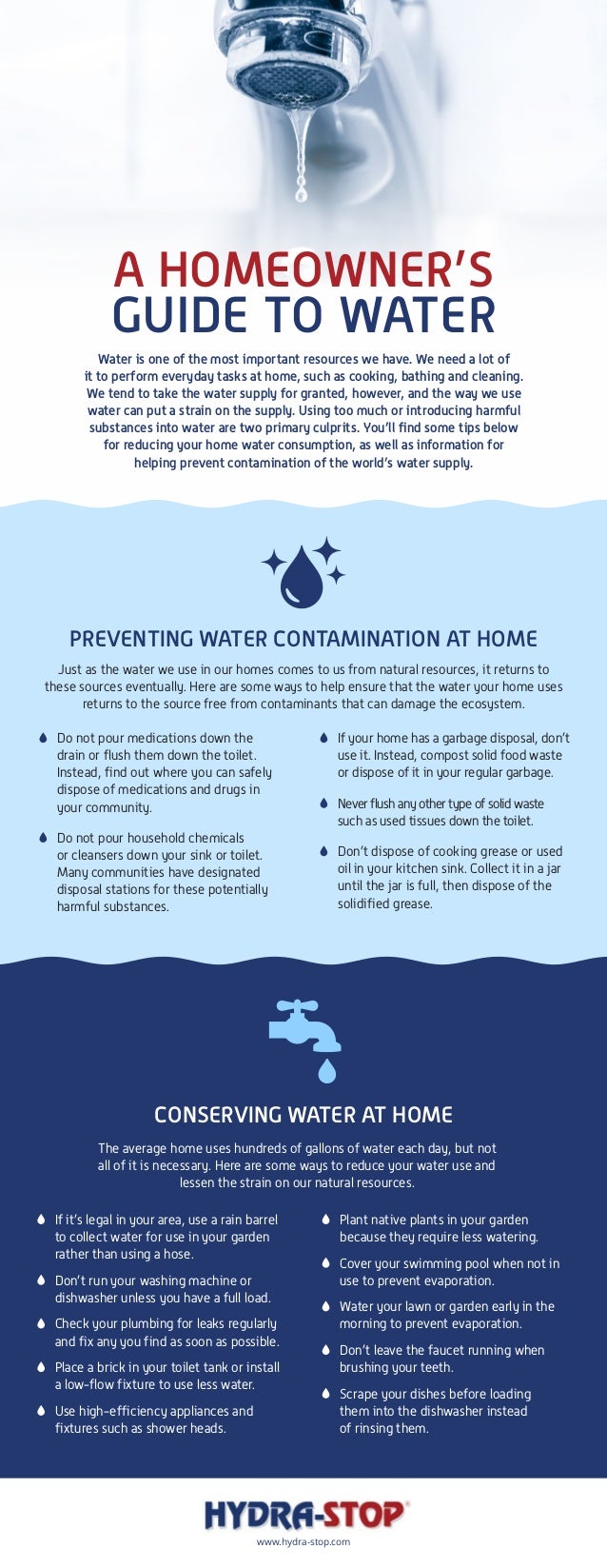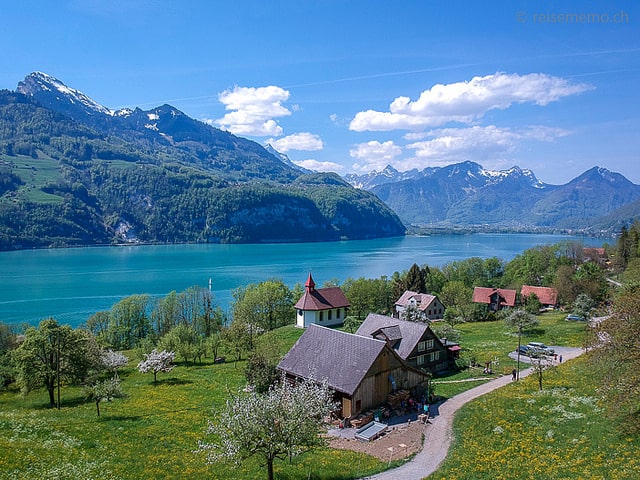
How To Conserve Water And Prevent Contamination At Home
All life depends on water. Unfortunately, contaminated water harms us and our environment. At the core of this contamination is human error; we disregard the effects of the toxins we’re exposed to every day. Industries pour poisons directly into drainage ditches, rivers and oceans without a thought, and wastewater ends up in our groundwater.
Why Does Water Conservation Matter?
If 70 percent of our world is covered by water, why worry about running out? About 96 percent of the water on Earth is saltwater, which is not accessible or practical for most of our needs.
Less than 3 percent of Earth’s water is freshwater. Glaciers and ice caps make up more than 68 percent of our freshwater; groundwater makes up over 30 percent; and another 1 percent is dispersed throughout Earth’s atmosphere — leaving a mere 0.3 percent of our freshwater supply to satisfy 7.6 billion human inhabitants, untold numbers of animals and immeasurable amounts of vegetation.
A New Perspective
Conserving water is easy once you get used to it, and using less water now makes it easier to adjust when water is at a premium. Consider these benefits of cutting back on household water usage:
- Less freshwater contamination. Using less water to brush teeth, wash dishes, etc., means less greywater to process.
- Lower household expenses. Using less water means lower water bills.
- Increased municipal tax dollars. When communities voluntarily conserve water, other projects can be funded with surplus tax monies.
- Minimized effects of drought. Using less water now makes preparing for water shortages easier to manage when drought hits your area.
- Stabilized costs of food production. When water is plentiful for farming, food prices won’t skyrocket due to poor growing conditions.
- Reduced health hazards. When drinking water is in short supply, dehydration is just the beginning of health problems.
- Safer, more productive communities. Businesses and industries function better when the water supply is plentiful. Imagine your community without water for firefighters, hospitals, street cleaners, restaurants, fitness centers, etc.
Simple Changes You Can Make
A few simple changes can protect our freshwater supply from contamination to safeguard human health and keep our rivers and lakes beautiful for future generations.
- Never pour or flush medications, chemicals, cleansers, grease, oil or fibrous materials down household drains.
- Don’t use garbage disposals; scrape food waste into compost piles.
- Use phosphate-free soaps and detergents.
- Use organic pesticides and fertilizers on your lawn and garden.
- Re-use greywater for flushing, watering plants, etc.
- Install composting toilets.
- Clean out your septic system regularly.
Here are more easy ways to conserve water (and have a smaller water bill!)
- Use a rain barrel to collect water.
- Wash full loads of clothes and dishes; reroute greywater for flushing or watering lawns.
- Check plumbing for leaks, and make repairs immediately.
- Install low-flow toilets, wait to flush, or use water displacement devices in your toilet tank.
- Install high-efficiency appliances, shower heads and water flow regulators.
- Turn off faucets while brushing teeth, shaving, etc.
- Take short showers, or shower less frequently.
- Use a shower bucket to catch water for flushing.
- Landscape with rocks, gravel and native plants that require less water.
- Water gardens early in the morning for better absorption.
- Cover swimming pools when not in use to prevent evaporation.
- Use automatic car washes that recycle greywater.
Conserving water and preventing water contamination are habits everyone should develop. Be mindful about water consumption before a drought hits. It’s a lot easier to deal with a little inconvenience than it is to deal with a water shortage or non-potable water. Be wise when you turn on that faucet … you never know when your tap may run dry.
A Homeowner’s Guide To Water by Hydra-Stop
Author bio: Jason Baldauf is Inside Sales Manager for Hydra-Stop, a leader in water control solutions. He has more than 15 years of water works industry experience.





Post a comment